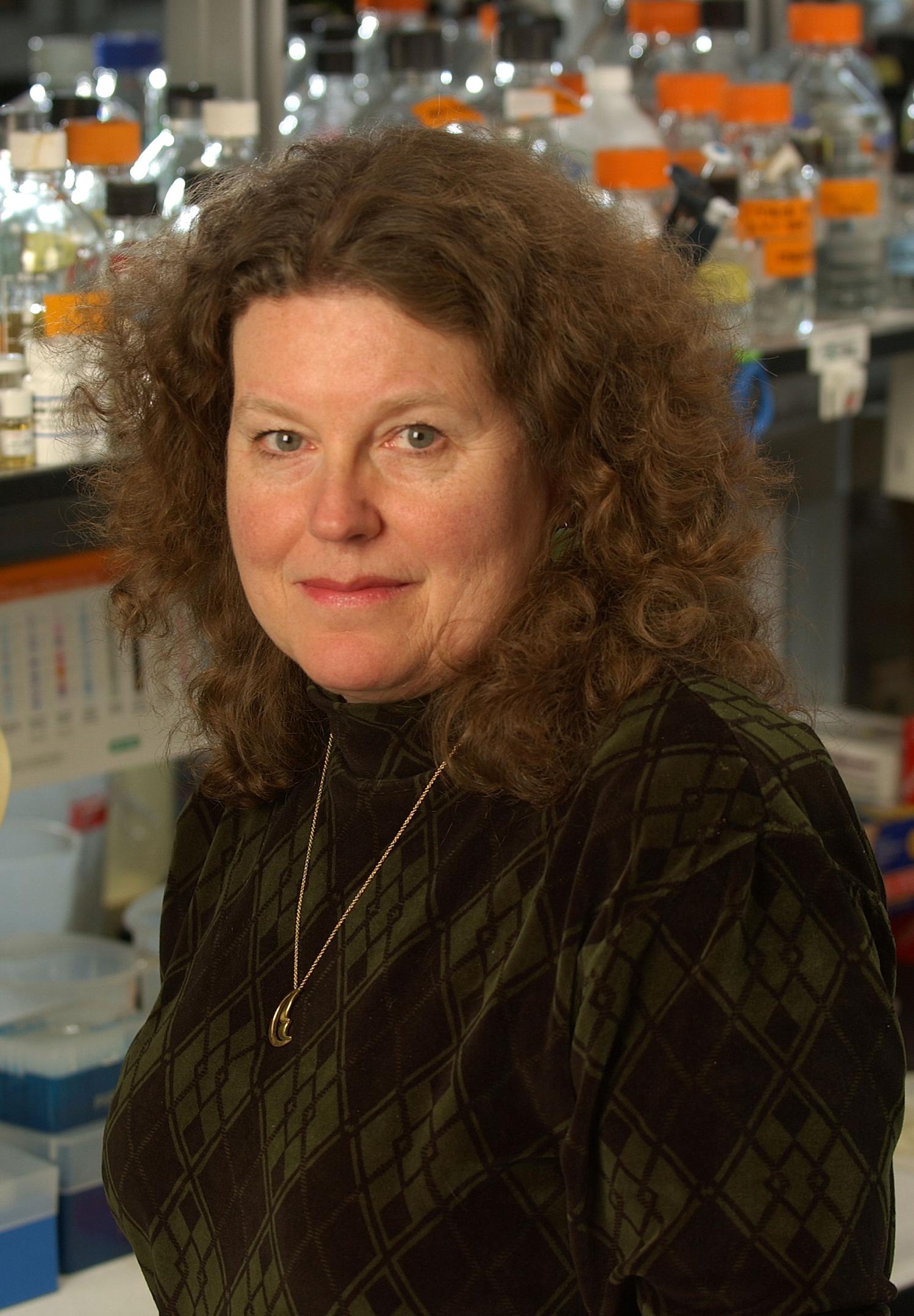Dr. Leslie Leinwand

Dr. Leslie Leinwand will speak about redefining snake oil and how Burmese pythons might lead to novel therapeutics.
Her lab employ the postprandial Burmese python as an animal model to discover novel pathways of beneficial cardiac adaptation. An infrequent feeder, the Burmese python exhibits a ~40 fold increase in overall metabolic rate and a 160 fold increase in plasma triglycerides within a day of eating a meal that can equal its body mass. This extreme metabolic demand activates rapid and reversible organ growth, including beneficial cardiac enlargement. Postprandial cardiac hypertrophy is accompanied by mechanisms that activate beneficial changes in gene expression and prevent cardiac lipid accumulation. Instead, the heart increases activity of genes involved in lipid handling, mitochondrial oxidative capacity, and free radical scavenging. Importantly, they identified a novel combination of 3 fatty acids (FAs) (myristic, palmitic, and palmitoleic) in postprandial python plasma that when administered to either pythons or mice promotes cardiac adaptation with no signs of pathologic lipid signaling. Moreover, they found that an aquaglyceroporin gene, aquaporin 7 (AQP7), is the most potently activated gene in rat cardiac myocytes treated with these FAs. We have made cardiac myocyte-specific AQP7 null mice and are examining its phenotypes. Since many aspects of the python postprandial cardiac responses resemble the beneficial mammalian cardiac response to exercise, they plan to explore the preventive and therapeutic potential of the FAs before or after a pathologic cardiac stimulus. They believe that the biology of the Burmese python will reveal novel signaling pathways that may lead to therapeutics for cardiovascular disease.
Dr. Leinwand is a Distinguished Professor of Molecular, Cellular, and Developmental Biology, and Chief Scientific Officer of the BioFrontiers Institute at the University of Colorado, Boulder. She received her Bachelor’s degree from Cornell University, her Ph.D. from Yale University, and did post-doctoral training at Rockefeller University.
Soon after, she joined the faculty at Albert Einstein College of Medicine in New York and remained there until moving to Colorado. While at Albert Einstein, she became a Full Professor, and was Director of the Cardiovascular Research Center. Once in Colorado, along with Michael Bristow and Eric Olson, she co-founded Myogen, Inc., which was recently sold to Gilead Pharmaceuticals.
The interests of Dr. Leinwand’s laboratory are the genetics and molecular physiology of inherited diseases of the heart, and how gender and diet modify the heart. The study of these diseases and physiological processes has required multidisciplinary approaches, involving molecular biology, mouse genetics, mouse cardiac physiology, and the analysis of human tissues. To accomplish this, Dr. Leinwand has developed a highly collaborative group, bringing together specialized basic scientists and clinical cardiologists. Her laboratory’s efforts are well-funded and her teaching is recognized by funding from the Howard Hughes Medical Institute’s Professor Program. She is also the Program Director of the HHMI program, the Biological Sciences Initiative, which supports undergraduate research, K-12 outreach and educational programs for high school teachers.
Dr. Leslie Leinwand will be coming to speak to us on Wednesday, October 11, from 5:00 – 6:00 p.m. The presentation will be held in Duane Physics, Room G125.

